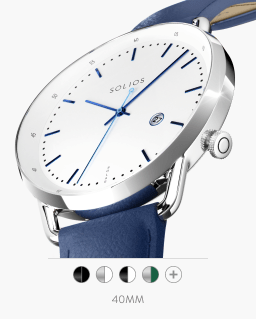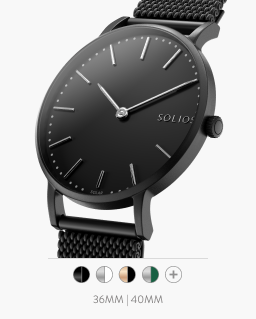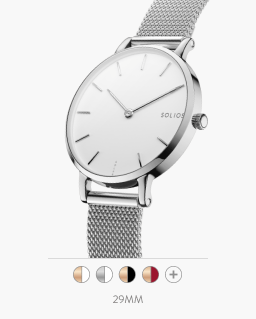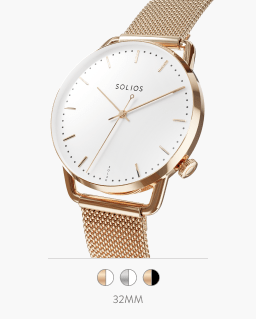Black Friday, Cyber Monday, Boxing Day, it’s written in the consumer’s brain to buy on sale, and buy a lot. But no other shopping event makes as big of an impact as Amazon Prime Day, the two day, online mega-sale with prime shipping.
On paper, it sounds great; shop your favourite brands and products, all at reduced prices, and receive your purchase within the next day. But the truth is, Prime Day is an event that needs to change.
Not only does it encourage bad consumerist practices, but Amazon Prime Day has a large impact on local businesses, Amazon employers, and the big one being the environment.

What is Amazon Prime Day?
Amazon Prime Day is the e-commerce mogul’s biggest sales event of the year. This year, it will take place October 13th and 14th (only six weeks before Black Friday). It will start up holiday shopping earlier than ever as many shoppers will begin checking off their gift lists with all of the deals available.
This online mega-event is a two-day exclusive sale for Prime members. Last year, Amazon claimed to have sold 100,000 laptops, 200,000 televisions, 300,000 headphones, 350,000 luxury beauty products and over 1 million toys.
In just 2019, Amazon records show that 100 million Prime members bought over 175 million items on Prime Day! Beating the records of both Black Friday and Cyber Monday.
Due to the pandemic this year, they are promising even bigger deals. 17 countries will have access to Prime Day, including United States, Canada, Italy, Japan, Mexico, ect. And though the event has been pushed back this year, it will no doubt cause a stir among both consumers and protestors.
How Does Amazon Prime Day Affect Small Businesses?
Amazon claims to support small businesses through their two-day mega event. However, they fail to see the decline in sales local businesses face when trying to compete.
If asked, most local businesses will claim their biggest threat is Amazon. Even though many small businesses have found popularity through Amazon, they only accounted for 38% of Global Amazon Prime day sales in 2018.

Though Amazon claims to support small businesses and artisans, they also use Prime Day to sell their own products, often influenced by other products sold on their platform. That shows for the 62% of sales made in favour of Amazon in 2018.
In fact, in just five years, this big online event has become so influential, it has forced Walmart and other competitors to respond by altering their sales and deals calendar. Amazon has such a large impact on consumerism, they have successfully shifted the shopping timeline.
How can a small business compete against Amazon when even big corporations are scrambling to match up?
Furthermore, if consumers spend a large majority of their holiday budget on Amazon, it doesn’t leave very much to be spent on small businesses. Think about it; people spend an average of $885 per person for holiday gifts. If they spend 70% of their budget on Amazon, that only leaves $265 to purchase gifts at local and smaller businesses.
However, in reality, 70% of employment is based in local and small businesses, some even relying on sales commissions. Thus why it’s so pertinent to look into where our money is going and how it will benefit or take away from others.
The Price of Time
Amazon Prime promises 2-day or same-day shipping on almost all products. Though it seems ideal as the customer, such rapid and intense shipping makes for more gas emissions and higher shipping costs. In over the past two years, Amazon is the fastest delivery in just 3.2 days on average.
Small businesses cannot compete with 1) such high demand, and 2) such fast shipping due to the price and environmental consequences. Even if their product is better, time is a commodity they can’t afford.
Due to this constraint and pressure, small businesses are pushed to work harder in all realms to ensure their product or service is more interesting, better priced, better quality, and relevant with what Amazon offers.
How Does Amazon Prime Day Affect the Environment?
Amazon promises 2-day to same-day shipping, which in theory sounds great! However, the faster a single product is shipped to a customer, the higher the environmental risks. Normally, products are shipped in bulk, meaning a route is mapped out to drop off at as many addressees with one single vehicle.
You see, expedited shipping entails that your package is not as efficiently shipped compared to a regular shipping timeline. This leads to more vehicles en-route and an increase in packaging waste as single products are wrapped in packaging made for bulk or multiple products. As the time in transit directly impacts the environment, the more time available, the more efficient a package can be delivered.

To actually fulfill their promise, Amazon works with private companies to deliver these single packages. With only one delivery per trip, carbon emission can hike up to 35 times greater than a normal fully-loaded delivery van.
Amazon has simply made online shopping too easy and has created an efficiency paradox. People get better deals and are enticed to buy more, already planning to send back what they don’t want. This requires more plastic and cardboard, more gas emissions from travel, and promotes an unhealthy relationship between consumerism and the environment.
Furthermore, the packaging itself is problematic. Packages arrive, a box mostly empty and holding one product; made of non-recyclable insulation liners and single-use plastic.

What Can We Do?
Among all this environmental ruckus, one of the only feasible solutions is for the consumer to push Amazon and other similar companies towards the right direction. By not supporting Prime Day, by turning towards smaller businesses, and openly voicing your needs for an eco-responsible solution, changes can be made.
Amazon Employees Take a Stand
Already under fire for the treatment of its employees, in 2018, 1,800 Amazon employees went on strike during Prime Day. They stood together and voiced their concerns about the environmental and employee hazards looming over Prime Day.
In response to this, and other strikes, Amazon CEO, Jeff Bezos declared on September 19th 2019, that by 2040 Amazon plans to be carbon neutral , add 100,000 electric vehicles, and use 100% renewable energy.
We are still waiting on these changes to take shape, but nonetheless, employees spoke up and Amazon responded.

Boycott Amazon Prime Day
Take a stand and join us in boycotting Amazon Prime Day. Voice your concerns about the impact such an influential event has on small businesses, the environment, and consumerism.
Small Businesses to Support on Amazon Prime Day
Channel your shopping needs towards local and small businesses that are not available on Amazon. Promote eco-responsible shipping practices and show your support where it is needed.
Here are some of our favourite brands right now!
- Solios for a timeless solar powered watch.
- Kotn for sustainable, everyday fashion.
- Your favourite thrift stores.
- Patagonia for innovative active and outdoor wear.
- Made Trade for home decor and fashion.
- The Candle Library for a curated selection of candles.
- Allbrids for sneakers made with wool and recycled material.
- EarthHero for an array of eco-responsible brands.















